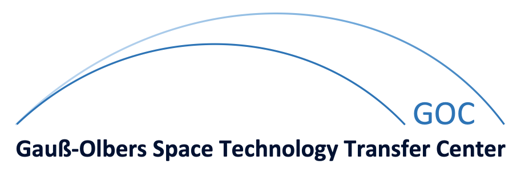| Kurzfassung: |
Following the great success of Machine Learning (ML), especially Deep Neural Networks (DNNs), in many research domains in 2010s, several ML-based approaches were proposed for detection in large inverse linear problems, e.g., massive MIMO systems. The main motivation behind is that the complexity of Maximum A-Posteriori (MAP) detection grows exponentially with system dimensions. Instead of using DNNs, essentially being a black-box, we take a slightly different approach and introduce a probabilistic Continuous relaxation of disCrete variables to MAP detection. Enabling close approximation and continuous optimization, we derive an iterative detection algorithm: Concrete MAP Detection (CMD). Furthermore, extending CMD by the idea of deep unfolding into CMDNet, we allow for (online) optimization of a small number of parameters to different working points while limiting complexity. In contrast to recent DNN-based approaches, we select the optimization criterion and output of CMDNet based on information theory and are thus able to learn approximate probabilities of the individual optimal detector. This is crucial for soft decoding in today’s communication systems. Numerical simulation results in MIMO systems reveal CMDNet to feature a promising accuracy complexity trade-off compared to State of the Art. Notably, we demonstrate CMDNet’s soft outputs to be reliable for decoders. |







